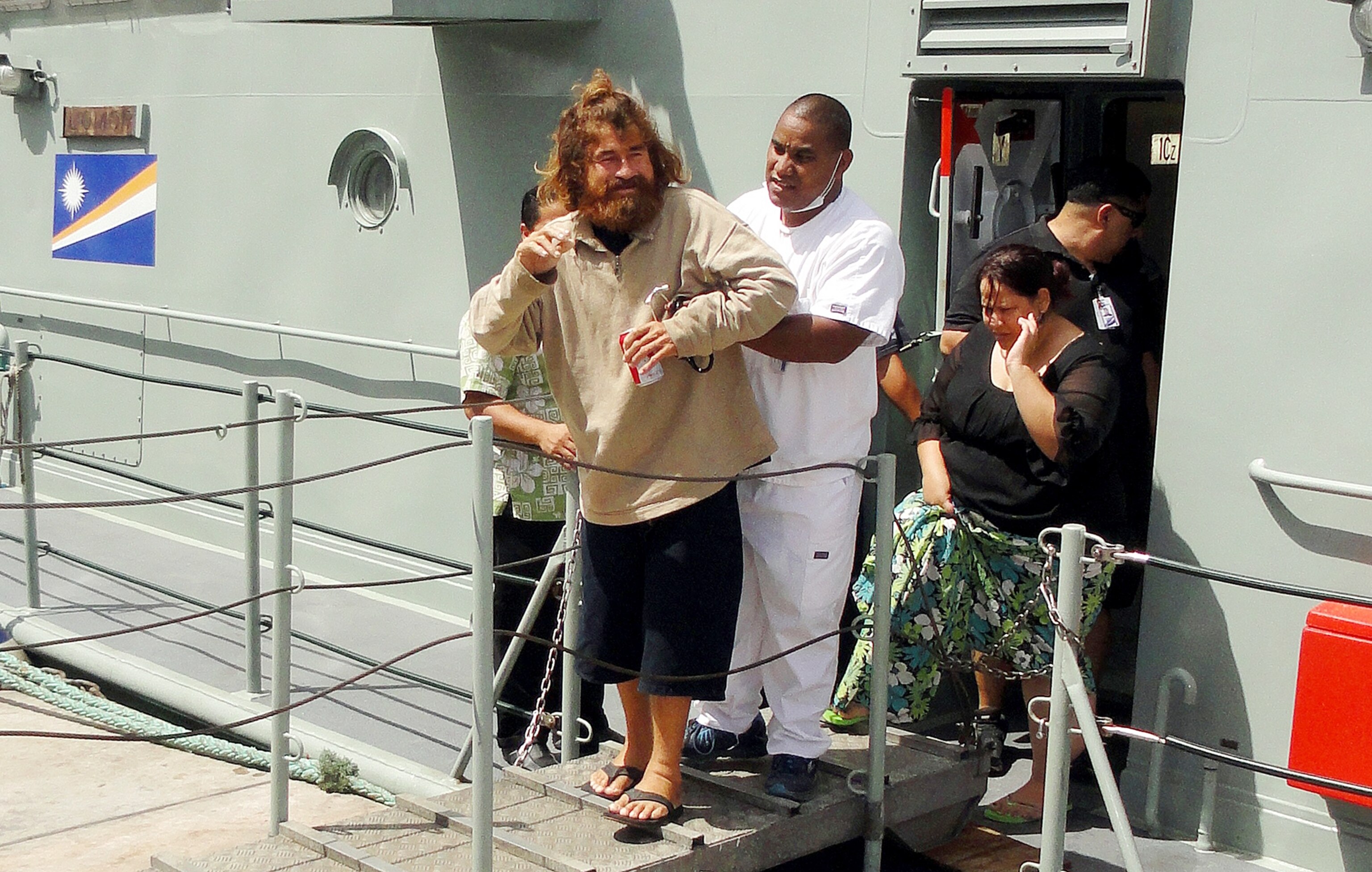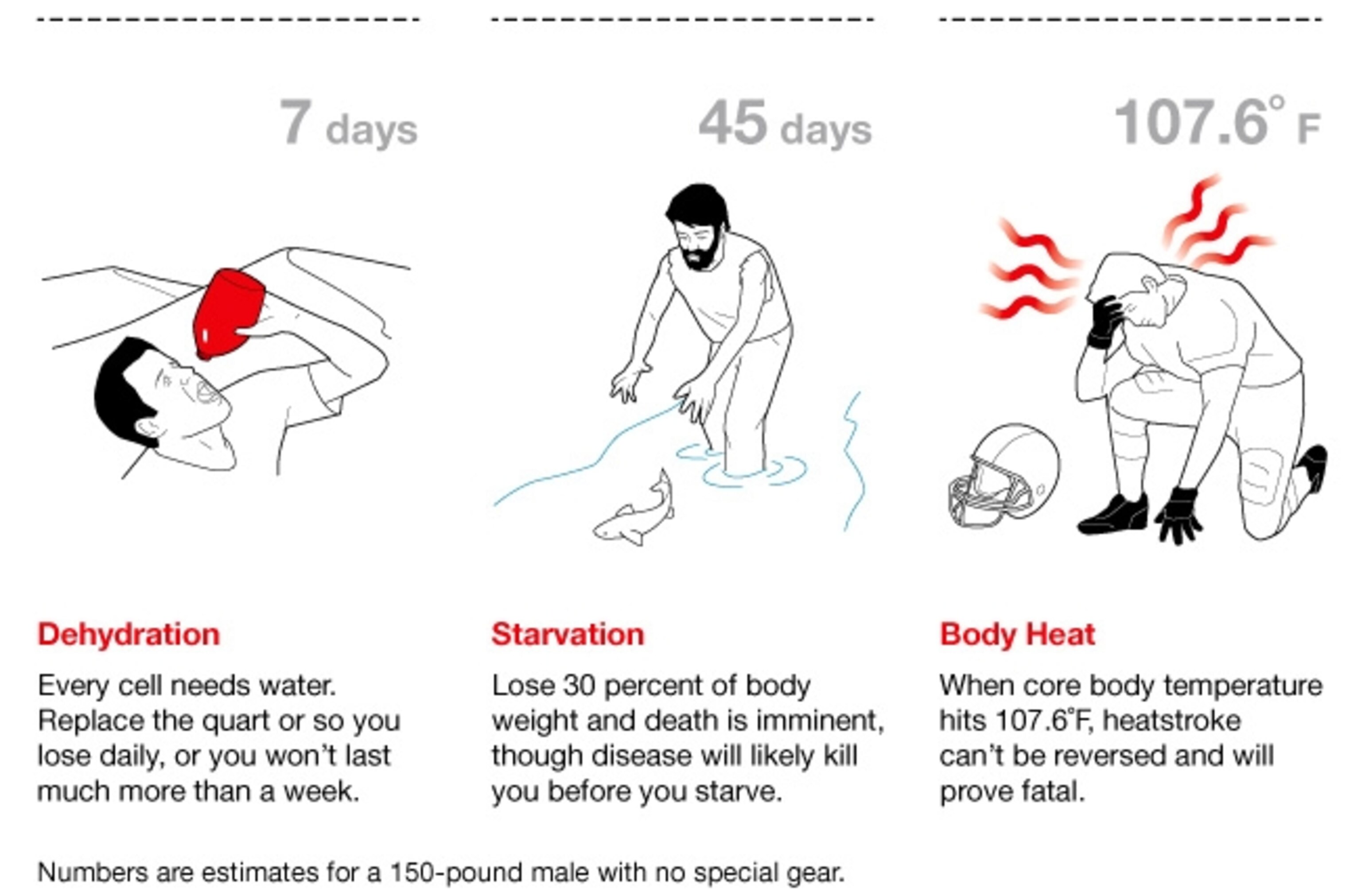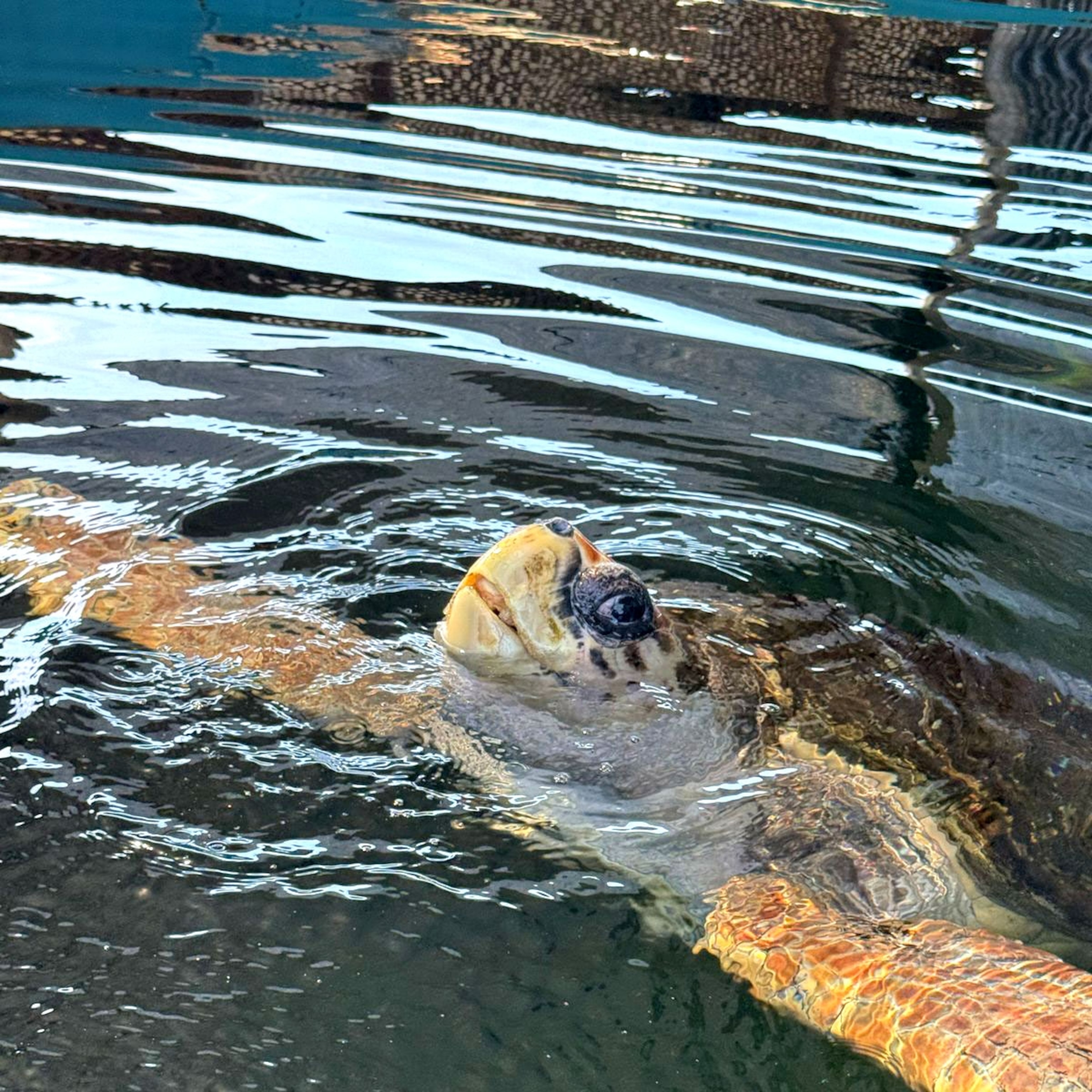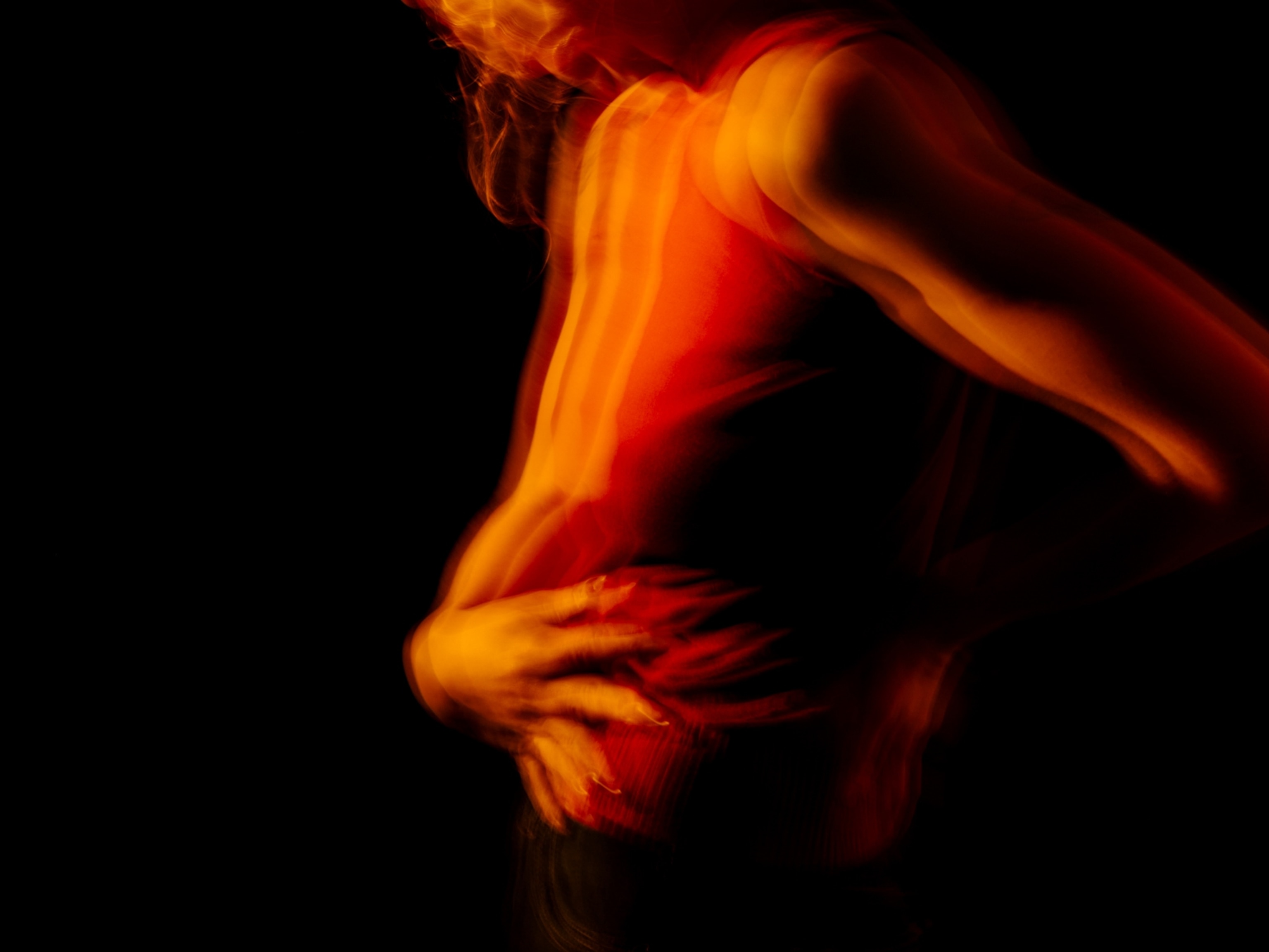
Surviving More Than a Year Adrift at Sea Is Possible, With a Little Luck
Reports that a fisherman survived many months adrift at sea are plausible, according to experts.
Water, water everywhere and not a drop to drink. Just the thought of being set adrift on the open ocean is scary enough. But try living on the deep blue yonder for more than a year, as a recently rescued fisherman was forced to do.
According to news reports, Jose Alvarenga claimed he set out from Mexico in his 24-foot (7.3-meter) boat in late 2012, was blown out to sea, and survived on the open ocean until washing ashore about 5,000 miles (8,046 kilometers) away in the Marshall Islands on January 30.
Confused, emaciated, and sporting a bushy beard, the 37-year-old Alvarenga said he subsisted on fish, birds, and turtles caught by hand. He relied on drinking turtle blood and his own urine when rainwater was unavailable.
Alvarenga said he started his unexpected journey with a teenage companion who refused to eat and died after four months.
His story seems far-fetched and officials are still investigating. But Claude Piantadosi, a professor of medicine at Duke University Medical Center in Durham, North Carolina, says that "the bottom line is that this man's story is plausible."
We asked Piantadosi, author of The Biology of Human Survival: Life and Death in Extreme Environments, what someone could expect should they be set adrift on the open ocean. (See "The Science Behind Man Surviving Underwater for Three Days.")

What are the issues someone adrift on the ocean must address if they hope to survive?
The key issues in tropical waters are a freshwater supply, the ability to stay afloat (i.e., a boat or raft), shelter from the sun (a tarp, sail, or canvas), food, and a signaling device.
The fact that the man had a 24-foot [7.3-meter] boat and a tarp went a long way to helping him survive.
How long could someone last if they had water but no food?
Generally, five to six weeks without food is the human limit. Seabirds such as gulls and frigate birds do land on drifting boats, and if [Alvarenga] was clever, he could have occasionally caught one. This is particularly true if he had been able to catch some fish, which would attract them.
But catching fish by hand is no mean feat, and I have some trouble with that part of the story. But he had a lot of time on his hands, so maybe he did it. Smaller turtles can be caught by hand and tossed into the boat. The availability of fresh turtle or bird meat—for example, the liver—would have prevented him from getting scurvy.
I seriously doubt he could boat large turtles (more than 15 or 20 pounds) or small sharks (of more than five to six pounds) by hand. They are simply too powerful. In any event, if he could catch a decent-size bird or turtle once a week or so, he might make it. But he would have lost a lot of weight!
What if someone couldn't get fresh water?
Water is the critical limiting factor for survival. It depends on the temperature, which determines water loss from sweating.
If [Alvarenga] kept out of the sun, he might be able to get away with an average water intake of 1.5 to 2 liters per day. In general, I tell rescuers to use the hundred-hour rule (4-plus days). This is about as long as a healthy adult can live in moderate temperatures without any water at all. People living more than a week—[such as those] trapped under rubble after earthquakes—almost always have some access to water.
On the route in question, there are frequent squalls most of the year, so [Alvarenga] would have had rain every few days. Blood from birds and turtles is a good source of water—70 percent water—and has no more salt than human plasma.
The blood of ocean fishes is very salty and should be discarded. But the meat of turtles and birds also contains a lot of water.
Drinking your own urine is not recommended because you are re-ingesting the salt your kidneys are trying to eliminate.
Are there dangers to eating raw flesh as opposed to cooked meat?
Offshore, most turtles, birds, and fish are safe to eat without cooking. Marine toxins in the flesh of fish, as a rule, are relatively uncommon; there are regional and seasonal exceptions, of course.
What does exposure do to our bodies?
In tropical environments, the dangers are mainly from heat and solar radiation—dehydration and skin and corneal burns. In the water, maceration of the skin and marine life are added dangers.
Some news reports stated that Alvarenga seemed confused at times and contradicted himself. Are there neurological issues that could be at play from his time on the water?
Yes, there are neurological issues that can arise from many things he experienced, such as dehydration and sun exposure. And certain vitamin deficiencies, particularly a lack of B vitamins such as thiamine, niacin, and B12, can certainly affect his mental status. He could have been moderately deficient in these and still survived for quite a while.
How long would it take an average person to recover from something like this?
The recovery time varies a lot. Rehydration will be fairly rapid—a day or so.
Starvation is more difficult. If he had actually been starving, the avoidance of refeeding syndrome would be something his physician would watch for. After prolonged starvation, some people cannot be refed for a variety of reasons; sometimes they have simply lost too much absorptive surface in the small intestines and cannot regenerate it.
This interview has been edited and condensed.
Follow Jane J. Lee on Twitter.







